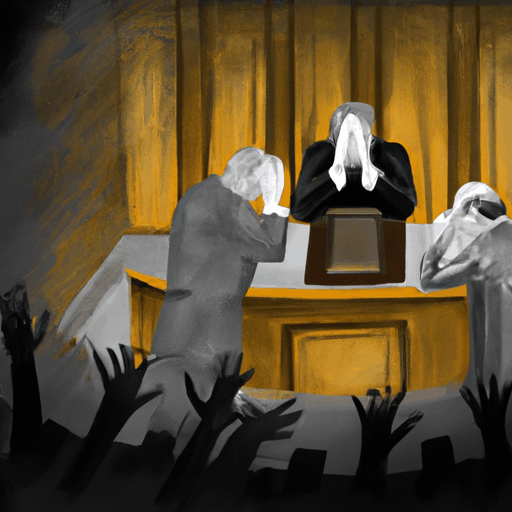
Sam Bankman-Fried Seeks Clemency, Aligns With Trump Amid Legal Battles
By: Isha Das
Sam Bankman-Fried, the former CEO of the now-defunct cryptocurrency exchange FTX, is publicly maintaining his stance of innocence in what he describes as a politically motivated prosecution. In a recent interview, Bankman-Fried argued that the charges against him were unfairly influenced by his shifting political affiliations, claiming that his legal challenges arose from his disenchantment with the current U.S. administration's crypto policy. Less than a week after FTX initiated payouts to its creditors, Bankman-Fried continues to assert that his exchange was not insolvent but affected by a severe liquidity crisis.
According to Bankman-Fried, FTX had ample assets to meet its obligations but was undone by panic-driven withdrawals that outpaced its liquidity. His statements suggest that mismanagement by law firms during the restructuring phase aggravated the situation, rather than facilitating a resolution. The former billionaire has explicitly criticized Sullivan & Cromwell, the firm responsible for handling FTX's restructuring, claiming they delayed customer repayments.
Furthermore, Bankman-Fried has sought to draw parallels between his legal circumstances and those faced by former President Donald Trump. These comparisons arise from their shared experience with U.S. District Judge Lewis Kaplan, whom both have accused of bias. Bankman-Fried has suggested that similar to Trump’s encounters with the Department of Justice, his prosecution has been politicized. While Trump’s legal hurdles have been a topic of strong division, Bankman-Fried's connection could potentially influence his bid for clemency.
Amid his legal battles, Bankman-Fried has been involved in a strategic pivot, aiming to rebrand himself. Reports indicate his efforts include aligning with influential figures, such as former President Trump and possibly Elon Musk, to sway public opinion and secure a pardon. The notion of political retribution and the ongoing efforts by his family to explore a Trump pardon, further highlights the complexities surrounding his case. These moves underscore his determination to contest his sentence and seek redemption under a possible new administration.



